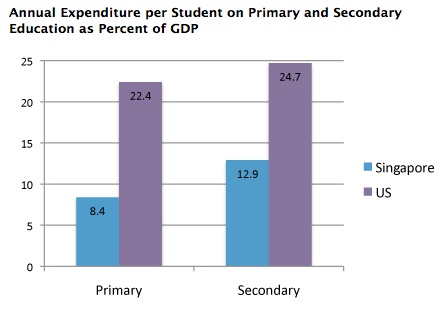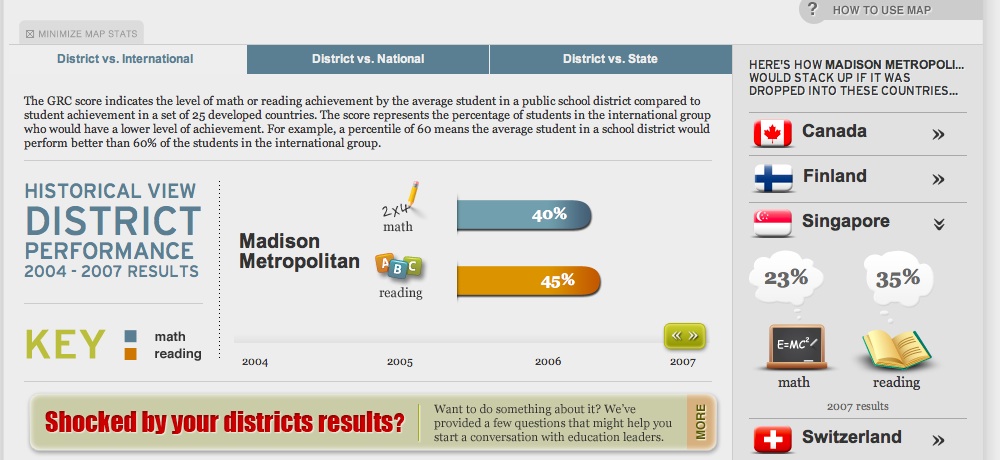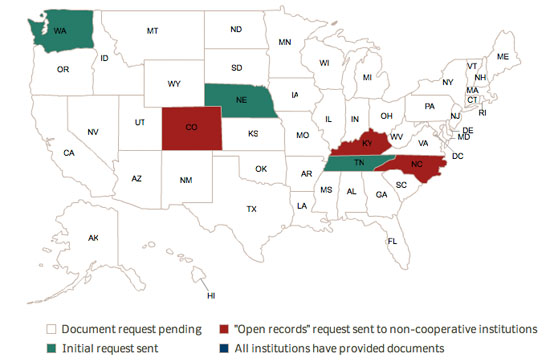An Interview with UW-Madison School of Education Dean Julie Underwood
It’s an unprecedented amount of change, honestly,” says Julie Underwood, the dean of UW-Madison’s highly ranked School of Education.
Consider:
- The state this year will start rating each school on a scale of 0 to 100 based on student test scores and other measurables. The idea, in part, is to give parents a way to evaluate how a school is performing while motivating those within it to improve.
- Several schools across the state — including Madison’s Shorewood Elementary, Black Hawk Middle and Memorial High schools — are part of Wisconsin’s new teacher and principal evaluation system, which for the first time will grade a teacher’s success, in part, on student test scores. This system is to be implemented across Wisconsin in 2014-15.li>And instead of Wisconsin setting its own student benchmarks, the state is moving toward using Common Core State Standards, which have been adopted in 45 other states. State schools are starting new curricula this year in language arts and math so students will be prepared by the 2014-15 school year to take a new state exam tied to this common core and replacing the Wisconsin Knowledge and Concepts Examination.
Although Underwood says she generally backs most of these changes, she’s no fan of the decision announced last month that makes it easier for a person to become a public school teacher — even as those who are studying to become teachers must now meet stiffer credentialing requirements. Instead of having to complete education training at a place like UW-Madison en route to being licensed, those with experience in private schools or with other teaching backgrounds now can take steps to become eligible for a public teaching license.
“I think that’s really unfortunate,” says Underwood, who first worked at UW-Madison from 1986-95 before coming back to town as education dean in 2005.
Related:
- When A Stands for Average: Students at the UW-Madison School of Education Receive Sky-High Grades. How Smart is That?
- Many notes and links on Julie Underwood.
- The oft-criticized WKCE will soon be replaced by Wisconsin’s Common Core implementation.
- NCTQ Sues UW Ed Schools over Access to Course Syllabi.
- An Email to Madison Superintendent Dan Nerad on Math Teacher Hiring Criteria


